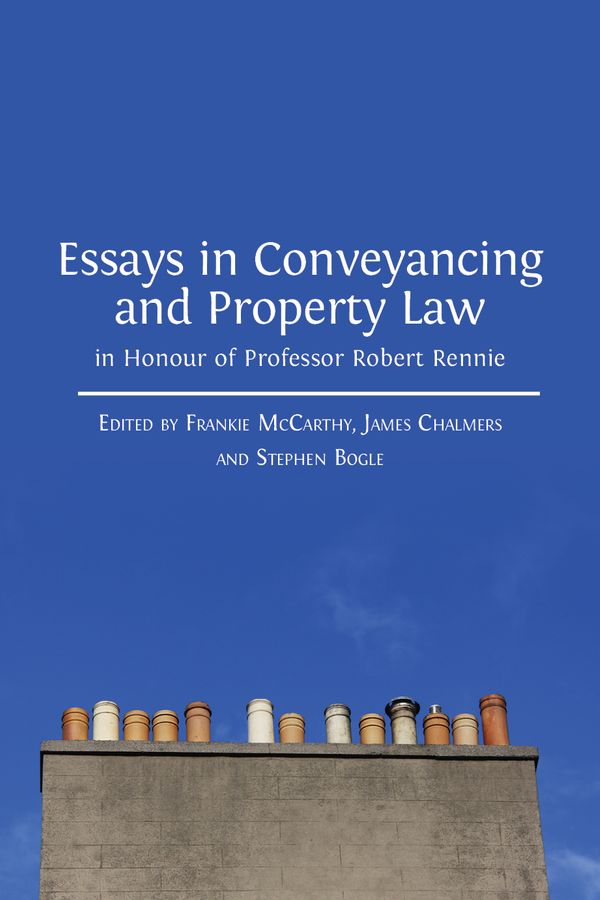Spelling the Answer
I wrote the Dictionary of the British English Spelling System because (1) most children learning to read and spell need to be taught the most effective method of identifying and understanding unfamiliar written words and of writing down words they don’t yet know how to spell; (2) that method is synthetic phonics; (3) to teach synthetic phonics efficiently (as well as systematically) teachers need both a basic knowledge of phonetics and a secure knowledge of the correspondences between letters or letter-groups (graphemes) and distinctive speech sounds (phonemes), otherwise they will get the phonics wrong and mislead their pupils; (4) no existing book in the field had quite the right coverage.
My definition of synthetic phonics is this:
An approach to teaching literacy in which the phonemes associated with particular graphemes are sounded out in isolation and then synthesized. Right now, most children are taught to break down a single-syllable word such as cat into its three letters, pronounce a phoneme for each letter in turn (/k, æ, t/), and then blend the phonemes together to form a word-sound and understand it. Synthetic phonics reverses the sequence: children are taught to say the word they wish to write, sound it out into its phonemes (for example, /d, ɒ, g/), and write a grapheme for each phoneme in turn, producing the written word dog.
Why is synthetic phonics the most effective method of identifying and understanding unfamiliar written words while reading? No other approach comes close: word shape is a thoroughly unreliable guide, because so many words have similar shapes; the pictures in children’s books usually have too much detail to make choosing the right item easy, and in any case may be telling a rather different story (think Rosie’s Walk); and predicting a word from the sentence context is no better than guessing – adults score about 10% in relevant experiments, so how can children be expected to get this right?
But what about the irregularity of English spelling, I hear you cry? Yes, it’s true that some of the most frequent and useful words are ‘tricky’ – i.e. won’t yield to synthetic phonics and have to be taught as units – but that’s no reason to give up on the rest of the vocabulary. And the degree of irregularity is often greatly exaggerated: if you take the most frequent pronunciation for each grapheme and allow for obvious context-specific rules (e.g. the pronunciation of the past tense ending <-ed> is 100% predictable from the phonological context), by my calculation the system is about 75% regular – poor by comparison with, say, Finnish, but much less irregular than some of the wilder estimates would have you believe. This level of regularity also enables children to generate ‘nearly right’ pronunciations quite frequently, and then get to the right one and comprehend.
The system is also about 75% regular in the phoneme-grapheme (spelling) direction, again provided some context-specific correspondences are taken into account (e.g. the /ŋ/ phoneme is spelt <n> when it precedes either of the phonemes /k, g/, however spelt, otherwise <ng>, and together these cover 99.99% of the spellings of /ŋ/).
What does all this mean in the wider world? People with a technical interest in spelling systems and their idiosyncrasies will, I believe, find much to interest and intrigue them in the book. (I’ve already been told by the author of a widely-used phonics scheme that he’s also interested in spelling reform – dream on.) More immediately, I hope a lot of people will be convinced that some hoary rules (especially ‘<i> before <e> except after <c>’ and ‘When two vowels go walking, the first does the talking’) are useless, but that others (‘magic <e>’, and the tendency for the ‘letter-name vowels’ to be spelt <a e i o u> in the non-final syllables of polysyllabic words) are much more reliable. This is one aspect of my main intention: that teachers and particularly teacher trainers take seriously the need to base their phonics instruction much more firmly on accurate knowledge of our spelling system.
Intended for anyone interested in the English language, the Dictionary of the British English Spelling System is particularly useful to those wishing to produce fresh materials for teaching initial literacy via phonics, for instructing English as a foreign or second language, and for teacher training. Its author chose to publish with Open Book Publishers so that his work could be read for free online and reach the largest number of readers possible. Read the book here.



